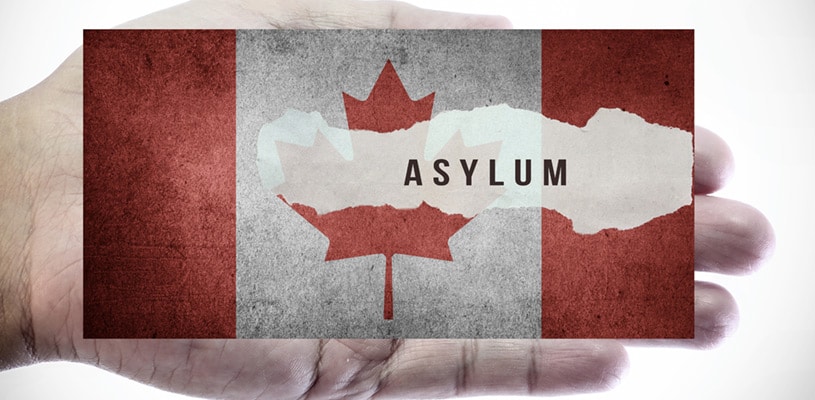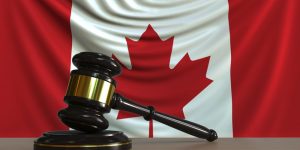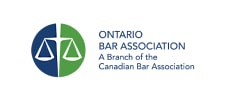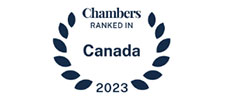
There has been an unusually large flow of migrants coming from the US into Canada, many of whom were concerned about the new Trump regime’s attitude in regard to migrants living in the country. The rumors that President Trump’s government would cancel programs that allowed thousands of protected persons to stay in the USA caused many of them to travel to Canada to make refugee claims. As a result, the RCMP came up with a questionnaire that targeted Muslim asylum seekers. It asked migrants regarding their opinions on religion, head coverings worn by Muslims and was generally targeting a specific group of people.
Targeting Muslim Asylum Seekers
In Canada, the government supports religious equality among both men and women. We promote the freedom to practice any religion and this questionnaire is contradictory and seems to marginalize a specific group particularly the Muslim asylum seekers.
Questions Asked
The 41-page questionnaire had very controversial questions. For instance, migrants were asked to state their opinion on women who do not wear a hijab and even asked the applicants how they felt if they had a female boss. Some of the questions involved their take on different head and body coverings such as the dupatta, burka and niqab. Other questions asked the applicants to specify their religion, how many times they pray or practice their religion. These questions seem to have no basis to cover potential threats to Canada. The questions are not only considered discriminatory but also reflect the bias and ignorance of the RCMP.
The Government’s Take
The government denied knowledge of the questionnaire according to a spokesman for the Public Safety Minister Ralph Goodale who stated that they only found out about it a few days after it got to the press. The government issued a statement to ensure the document is no longer in use as soon as they found out. They agreed that the questions included were not only inappropriate but also do not support government policy.
The RCMP also wrote a statement to clear the mess and stated that the questionnaire was only used by the Quebec C Division at the borders. They have since revised the document to provide a better evaluation for migrants whose origin is unknown while at the same time upholding their freedoms and making sure they remain respectful to their circumstances.






















